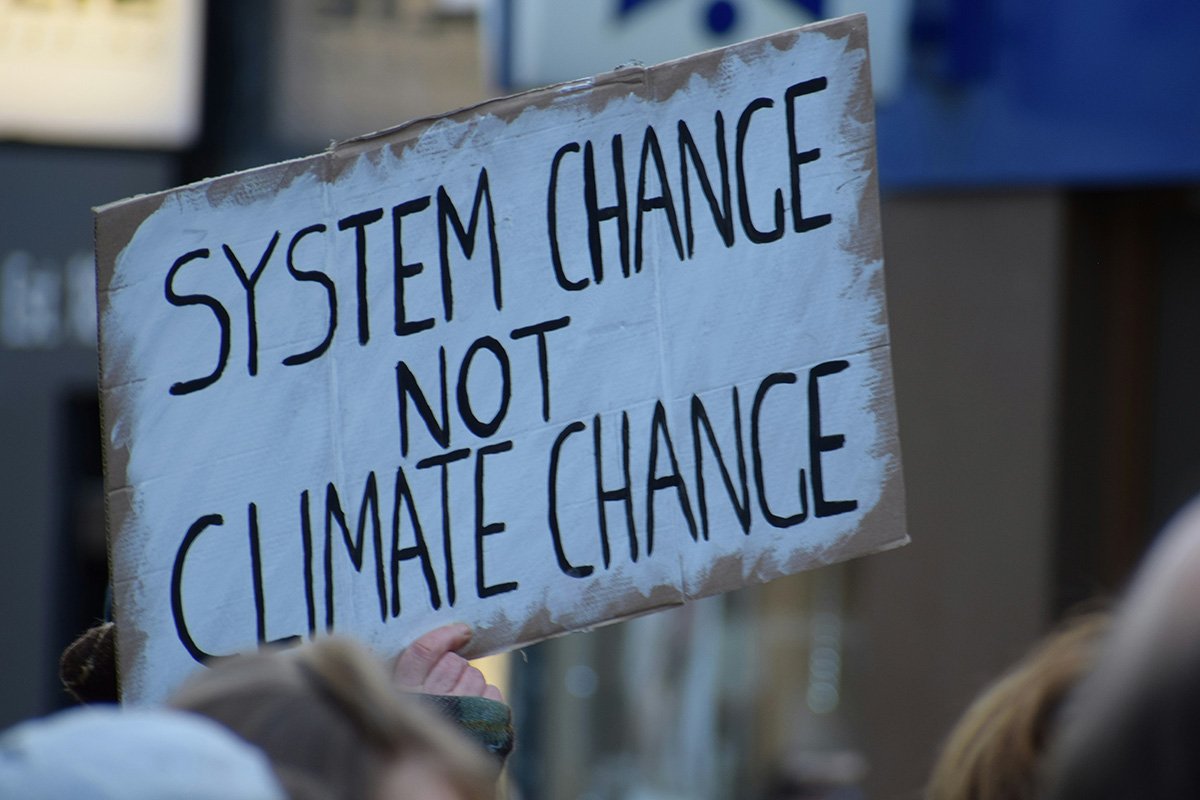Dear Readers,
On Thursday, a nonprofit media organization compiled and published a list of foundations that may be targeted under President Trump’s anti-diversity, equity, and inclusion executive order.
In so doing, they handed a target list to a hostile government that has a public practice of threatening its opponents and squashing dissent.
I will not link to this piece and I encourage you not to search for, click on, or share it. Doing so only amplifies its reach.
When Journalism Becomes A Weapon
Let me be direct: As a piece of journalism, the article fails on multiple fronts.
It compiles data without context or analysis. It is uncritical in its adoption of the administration’s weaponized definition of diversity, equity, and inclusion. Creating inclusive workplaces is not radical or subversive. Most importantly it is not illegal.
Treating diversity, equity, and inclusion as a lurking danger, as opposed to our national gift, is a capitulation to authoritarianism.
But even in its lack of seriousness, the impact of its publication is real. The roughly 350 listed foundations employ thousands of workers. They support tens of thousands of grantees. They invest in affordable housing, support medical research, and provide relief to communities facing climate catastrophes.
Employees have had to stop their work to hold emergency meetings about physical safety. Grantees have asked if they should remove funder lists from websites. Leaders are asking boards if they should remove staff photos from public postings.
Compiling a comprehensive list of civil society targets under a hostile government violates a core principle of journalistic ethics: minimize harm.
Journalism Needs Ethical Standards Now
I think every day about the responsibilities of nonprofit journalists who serve civil society. Journalism’s fundamental purpose is to inform the public about the critical issues shaping their lives, hold powerful people and institutions to account, and ensure we all have a clearer understanding of the world around us.
Responsible journalism does not just report events. It contextualizes them, challenges abuses of power, and—crucially—minimizes harm. Throughout history, the most courageous acts of journalism have defended institutions and communities under threat—not facilitated their targeting.
When Ida B. Wells documented lynchings across the South, she transformed journalism into a tool for protecting Black communities by exposing White supremacist violence for what it was: a systemic effort to silence through terror.
When Katherine Graham published the Pentagon Papers, she transformed journalism into a force for government accountability, revealing the truth about Vietnam despite immense pressure to conceal it.
The measure of journalism is not how many clicks it gets, but what—and who—it chooses to protect.
A Call to Action
In On Tyranny, Timothy Snyder shares twenty critical lessons for our times. They are especially vital for journalists reporting on them. The first three are:
- “Do not obey in advance.”
- “Defend institutions.”
- “Recall professional ethics.”
In 2025, we must draw a clear line: Journalism that makes our institutions more vulnerable to authoritarian attacks increases collective risk. The measure of journalism in authoritarian times is not neutrality but courage—courage to defend the most vulnerable people in the crosshairs of those with the most power.
As journalists in this moment, we face a fundamental question: Will we be stenographers for democracy’s demise? Or its fiercest defenders?
To the outlet that published this article: Retract it. Remove the list. Impact matters more than intent when safety is at stake.
To staff at named foundations and the grantees you serve: We see you. Stand strong. We understand our responsibility to you and the communities you serve.
To everyone who supports nonprofit journalism: Demand better. Hold us accountable. Support independent journalism that protects democracy rather than undermining it.
Journalism must be a force for protection, not persecution. The coming years will test our resolve, but with clarity of purpose and commitment to ethical reporting, we can ensure that journalism remains a pillar of democracy rather than a tool for its dismantling.
With gratitude,
Sara Hudson
Interim CEO & Editor in Chief, NPQ










